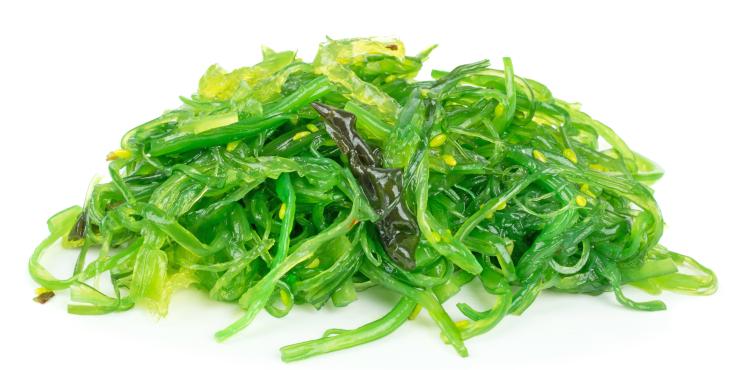
The European Commission is betting on the seaweed industry by proposing Community measures to exploit the potential of this production not only in economic terms but also for a healthier diet, reducing CO2 emissions and fighting water pollution.
The proposal, which will now have to be discussed with the European Parliament and the Council, came in recent days with the adoption of the communication "Towards a strong and sustainable seaweed sector in the EU". The Communication proposes 23 actions to create opportunities for the seawwed industry to develop into a strong, sustainable and regenerative sector that can meet the growing demand in the EU. The European Union is one of the world’s largest importers of seaweed products, whose demand is expected to reach 9 billion euros in 2020, in particular in the food, cosmetics and pharmaceutical industries and in energy production.
The 23 actions aim to improve the business environment, increase the social awareness and the consumer acceptance of seaweed and algal products while filling gaps in knowledge, research and technology. Key actions include:
- develop a new set of instruments for aquaculture;
- facilitate access to marine space, identify optimal sites for seaweed cultivation and incorporate marine algae and multipurpose marine space in plans for maritime space management;
- develop, in cooperation with the European Committee for Standardisation (CEN), standards for algal ingredients and contaminants, as well as for seaweed-based biofuels;
- assess the market potential, efficiency and safety of algal materials used in fertiliser products;
- study the algae market and propose, from 2023, mechanisms to stimulate the market in order to support the transfer of technology from research to the market;
- finance pilot projects for professional reorientation and support SMEs and innovative projects in the algae sector;
- conducting studies and discussions to gain better knowledge, inter alia, on the opportunities offered by seaweed to mitigate climate change and on the role of algae as blue carbon sinks, to define maximum levels of contaminants and iodine in algae;
- support, through Horizon Europe and other EU research projects, the development of new and improved algae processing systems, new production methods and new algae cultivation systems;
- promote awareness-raising actions and analyse the availability of algal data.
People and organisations active in the algae sector will be key partners for the implementation of the proposed actions. All interested parties are invited to join the EU4Algae forum launched in February this year by the Commission.